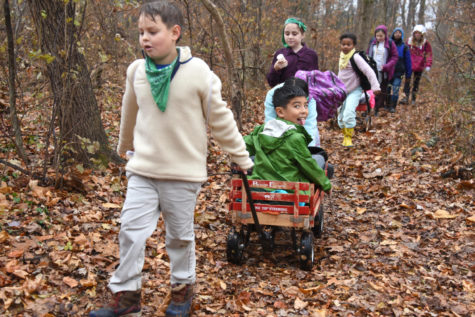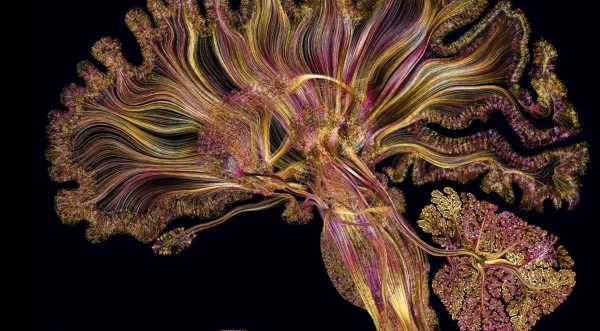Good summer arrangement for children
December 14, 2020

More and more parents in China these days are looking at the empty summer months and wondering how they can take advantage of all of that free time to pave the way for their children’s futures. There are two options that have gained considerable attention recently: encouraging high schoolers to study ahead in the subjects that they will learn in college, or having them visit museums or historical sites and then write about their experiences. Some parents believe that the first option is the wiser choice since it can help their kids to be fully prepared for university-level academic content. However, as a student who has experienced the second option, I strongly believe that visiting historical sites and writing papers about them can have a more profound effect on our intellectual development over the long term.
To begin with, visiting historical sites exposes us to valuable life experiences and principles that we might not internalize as deeply simply by reading about them in books. Most people who become very successful do so on the basis of a core set of life principles, and countless parents want their children to understand and be inspired by them. In my own life, the great inventor Thomas Edison has been a source of such principles, and the way I learned about him was not by reading a book, but rather by visiting a technology museum. One exhibit showcased scientists who have made significant contributions to the world through the advancement of knowledge. By visiting that exhibit, I learned that Edison had to try many different chemical materials before he was able to find a combination with a high enough melting point to meet the basic needs of an electron-tube heater by being solid and stable under extremely high temperatures. Similarly, perhaps his most famous invention, the lightbulb, required thousands of experiments. What his endeavors demonstrated to me was that it may be necessary to fail many times before achieving a successful result. Therefore, we should not give up because of one failure, and we need to be persistent. There is no substitute for experience gained from practice and experiments. I have read this many times in a variety of books, but I don’t think I truly internalized the principle until I saw concrete evidence of it in the processes leading up to so many of Edison’s inventions.
Moreover, writing can help us to practice our critical thinking skills so that we can make smart decisions by considering a problem from several different angles. The activity of writing a paper after visiting a historical site offers a very precious opportunity for young people to analyze and express their own thoughts. In fact, beyond honing their thinking skills, it may help them to broaden their perspectives and thereby affect what they see in the first place. My brother’s experience with writing analytical essays after learning about historical events can illustrate this point: In addition to being able to clearly present the advantages and disadvantages of a particular event, he can even imagine the thoughts and motivations of people on each side and explain why they acted as they did at that time. These will be invaluable skills for him not only in his academic life, but also in his personal and professional life, because the ability to consider a problem broadly from different perspectives contributes to the ability to make optimal decisions. Interestingly, according to a study conducted by Yale University, indirect support for the idea that writing can improve our thinking skills can be found in the anatomy of the brain. An image included in the article shows that the brains of people who write often tend to be much denser than those of people who don’t. When we consider the active mental processes that are likely to be involved in writing about an interesting, authentic experience and compare them against the possibly more passive mental processes that might be involved in doing more of the same old reading for school, it is not hard to imagine that the former experience would be more productive.
Parents’ idea of encouraging their children to study hard over the summer may be well-intentioned, but it is less stimulating, less engaging, and therefore less impactful than the alternative of encouraging them to seek out interesting, authentic experiences and write about them. From my brother’s experiences and my own, I feel fairly confident in arguing that opportunities to visit museums and historical sites are more likely to produce memorable experiences and long-term benefits than simply reading and studying more books, an activity we engage in throughout the school year anyway. Being inspired by real people’s lives and perspectives will help us to lead more inspiring lives with broader perspectives.





